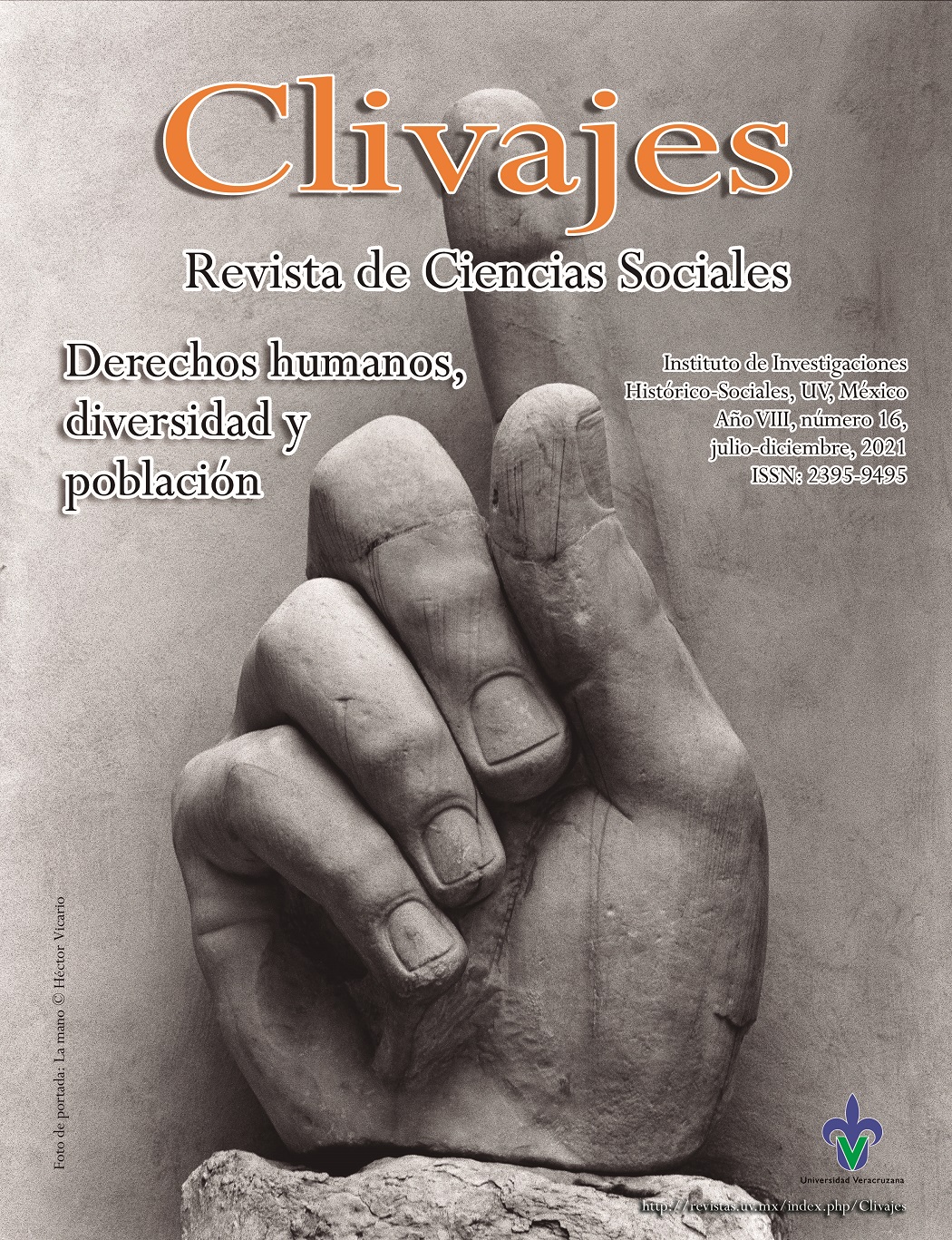Abstract
The article analyzes different experiences of organized community defense groups in Guerrero and Michoacán, facing the insecurity generated by drug trafficking through the diversification of their lucrative activities. It emphasizes that the participation of communities in the appropriation of their security takes place in a social environment in which legality and illegality are confused, a functional ambiguous zone in the context of regional economic reconfigurations that favored violence. The article discusses the heterogeneity of the defensive armed groups in this region, emphasizing the tense tolerance of the State towards their manifestation, trying to submit them to the citizen participation model of security. It also discusses the relevance and limits of the categories with which they have been attempted to characterize the groups that organize themselves to guarantee security and order in environments affected by violence that has been centered on the self-defense/community police dichotomy, proposing the notion of “community defense” to encompass both phenomena.
Keywords: Community defense, Insecurity, Organized crime, Violence, Co-production of security


